Medical billing is a complex process of the entire healthcare operations. Unfortunately, it is the most important element as it is the backbone of every healthcare practice. Neurology billing takes the complexity to a whole different level. With the regular evolution of billing guidelines, being updated and complaint with these provisions make it more hectic.
Neurology Billing for EEGs is quite a complex process that requires deep understanding of coding, payer policies and regulatory compliance. In this blog we will learn about the key aspects of neurology billing for EEGs, relevant CPT codes and the best practices to ensure compliance with the latest guidelines.
EEG Billing & Its Importance
EEGs are important diagnostic tools used in neurology to monitor and evaluate electrical activity in the brain. These tools are important for diagnosing conditions like sleep disorders, epilepsy and other neurological abnormalities. Precise billing for EEGs is not only important for getting timely reimbursements but also for maintaining the financial health of neurology practices.
Neurology billing must follow the latest 2025 billing guidelines to ensure compliance and optimize reimbursement. Correct CPT codes must be utilized to describe the services rendered. Accurate coding is important for avoiding claim rejections, meeting regulatory guidelines and reducing audit risks.
CPT Codes for EEG Billing
The CPT codes for EEGs help in classifying the different types of EEG procedures. Let's take a look at some major CPT codes relevant to EEGs in 2025.
- 95812: Routine EEG lasts less than 24 hours. It is performed on patients who are awake, asleep, drowsy or in a coma.
- 95813: Routine EEG that lasts for more than 41 minutes. It is performed on patients who are awake, asleep, drowsy or in a coma.
- 95816: Routine EEG lasts for about 20-40 minutes and is performed on patients who are awake or drowsy.
- 95819: Routine EEG can be performed on a patient who is awake or asleep
- 95822: Routine EEG can be performed on patients who are in coma or asleep
- Precise understanding of these codes is important for accurate selection and documentation. The codes depend on duration, patient condition and the specific procedure performed.
Major Steps in Neurology Revenue Cycle Management
Efficient revenue cycle management is important for precise billing and adequate reimbursement in neurology. Let's learn about some steps for managing EEG billing.
Step 1: Insurance Eligibility & Pre-Authorization
Before scheduling the EEG procedures, practices must ensure that the patient’s insurance covers the treatment being rendered. Providers must also obtain pre-authorization if needed. This makes sure that the services are covered under the patient’s insurance plan which reduces the risk of denials.
Step 2: Accurate Documentation
Neurologists need to carefully document all the aspects of patient encounters, which includes the duration of EEG, the patient’s condition and specific tests performed. The documentation must align with the Medical Decision Making (MDM) and Evaluation and Management (E/M) levels to support billing claims.
Step 3: Coding & Claim Submission
Professional medical coders translate the documented procedures into appropriate CPT and ICD-10 codes. This is a critical step for ensuring that the claims are accurate and Compliant with the payer requirements. Some examples of ICD-10 codes for neurological conditions include:
- Alzheimer’s disease with early onset: G30.0
- Primary central sleep apnea: G47.31
Claims Processing and Payment
Insurance companies review the submitted claims for approval. Practices must regularly track claims for getting prompt payment and address any denials or delays. A robust appeals process is important to rectify and resubmit denied claims.
Data Reporting & Financial Monitoring
Frequent data reporting is important for monitoring financial performance. It is also very helpful for identifying the areas of improvement. Healthcare providers must generate reports on billing trends, reimbursement rate and denial patterns to optimize revenue and ensure compliance.
Now that we know about the steps in neurology billing for EEGs, let’s take a look at the challenges.
Challenges in Neurology Billing
Neurology billing for EEGs faces several challenges including:
Coding Precision
Inaccurate coding leads to claim denials and audit risks
Regulatory Compliance
Frequent updates of billing guidelines need continuous staff training.
Insurance Denials
Inconsistent insurance policies can lead to denied claims.
Technology Integration
Outdated billing systems enhance the risk of errors and inefficiencies.
Reimbursement Struggles
Payer policies can be very complex delaying reimbursements.
Best Practices for Ensuring Compliance in 2025
Addressing the challenges to ensure compliance in 2025 needs accurate knowledge of guidelines. Any neurology billing practice must adopt the following practices:
Integrate Advanced Billing Systems
Integrate modern billing software to streamline the functions that enhance accuracy and reduce errors. Automated tools can improve efficiency and accelerate the billing cycle.
Educate & Train the Billing Staff
Your staff must be updated regularly about the changes in CPT codes, ICD-10 Codes and the payer policies. This decreases the risk of denials and ensures timely reimbursements.
Verify Insurance Coverage
Providers must extensively check insurance coverage and understand the payer-specific guidelines. This decreases the risk of denials, ensuring timely reimbursements.
Optimize Documentation
Every patient encounter must be documented in detail, which includes the duration of EEG and the patient’s condition. Accurate documentation supports accurate coding and billing.
Monitor & Review Payments
Regular review of payments is important to determine underpayments or overpayments. All the issues must be addressed promptly to optimize the revenue.
Outsource Your Billing
You can outsource your billing and coding to the experts. Specialized services can help you simplify the intricacies of neurology billing which helps practices navigate through the complex regulations, decrease errors and enhance cash flow.
Bottomline
Neurology billing takes up a lot of time and effort of the healthcare providers. Accurate billing has no alternative in the healthcare field. This is why providers must partner with medical billing companies that can handle all their billing requirements.
Unify Healthcare Services is a well-established medical billing company that manages the billing requirements of small- and large-scale practices. Finding us is also very easy. Simply search “Michigan Billing Services” on Google and you will find us in the top results.
We have the expertise that can help you streamline the entire billing process and maximize reimbursements by adhering to the practices. Implementing these strategies not only reduces the risk of claim denials but also helps you focus on your core responsibility. This enhances patient satisfaction and fosters loyalty.
do the same

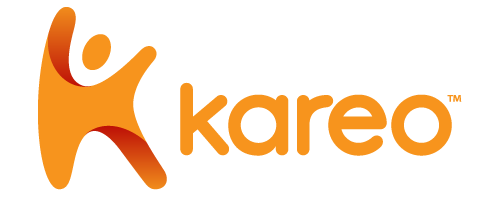





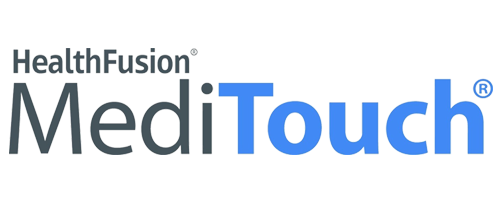


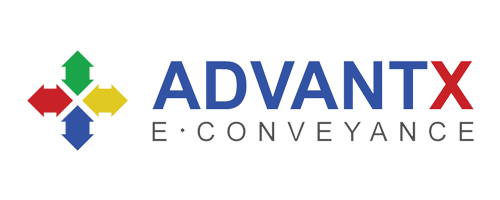
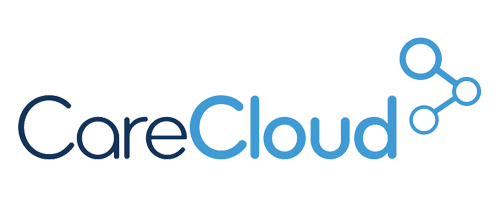
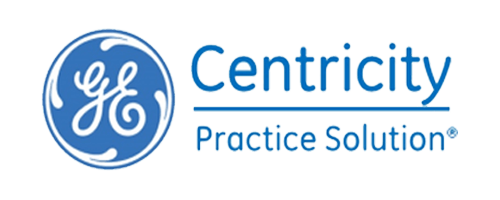
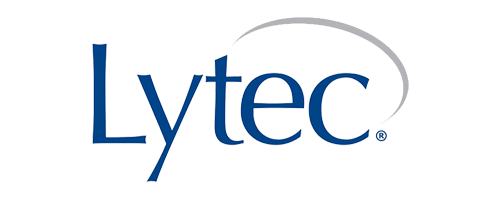

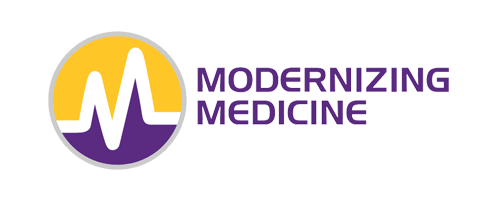



.webp)




 1.jpg)
